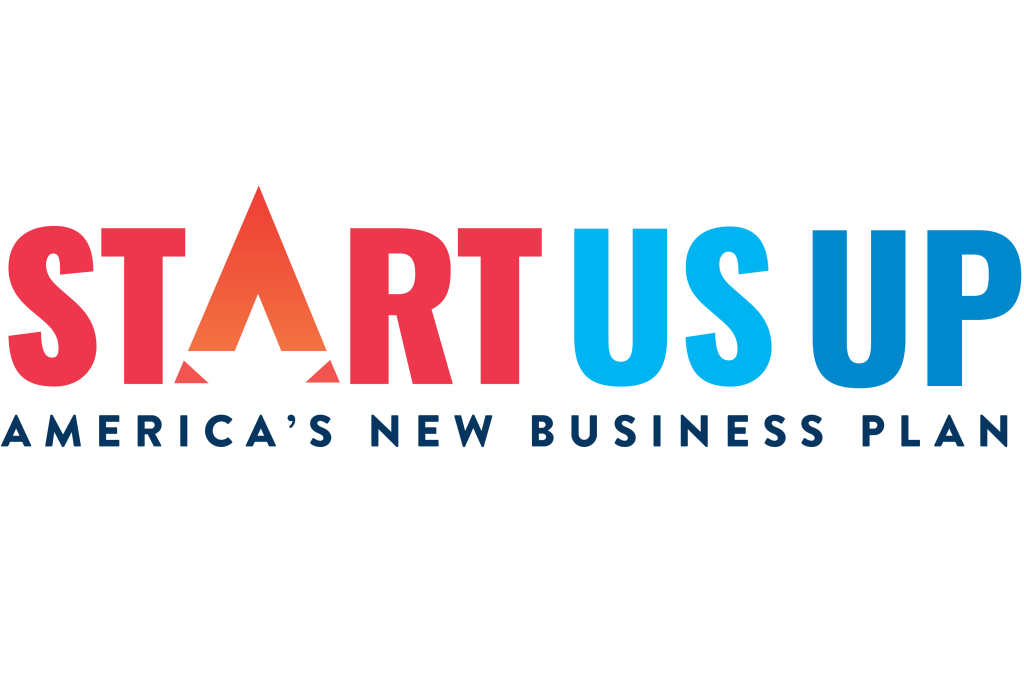Earlier this week, FastCompany published an article headlined, “America’s racial wealth gap is enormous and getting worse.”
Many of the statistics cited aren’t new: “More than 40% of Black businesses shut down between February and April 2020. And 44% of Black workers say they have experienced income loss since March 2020, compared to 27% of white workers.” COVID-19 exacerbated existing inequities, leaving America fighting two intertwined pandemics — COVID-19 and racial injustice.
The FastCompany article highlights the limited progress made to date in narrowing the racial wealth gap and suggests a trio of solutions: baby bonds, reparations, and home ownership programs.
Policymakers should also consider investing in Black entrepreneurs as a tool to combat the growing wealth gap. As stated in America’s New Business Plan, entrepreneurship can help families build long-term wealth, and it can help stimulate local economies suffering not only from the pandemic, but also from years of systemic inequity and disinvestment.
‘We Can’t Leave Innovative Ideas on the Table’
Melinda Wright of the Walton Family Foundation authored a piece discussing how philanthropy can better serve entrepreneurs of color. She notes that “Black and Latinx leaders receive only about 4% of philanthropic funding,” and that “75% of executive directors in the sector identify as white, despite the country’s growing diversity.”
In affirming the need to prioritize diversity, equity, and inclusion within philanthropic organizations, she highlights the 1954 Project, “a Black-led and Black-serving initiative (with) a goal of raising $100 million to invest in innovative and culturally affirming approaches to teaching and learning, expanding educator and leader diversity and increasing economic mobility for students of color.”
Why the Child Tax Credit (CTC) and Baby Bonds are Smart Investments in our Children
Baby bonds, a proposal for the government to create investment accounts for all Americans at birth, is one of the solutions highlighted in the FastCompany piece, as well as in America’s New Business Plan. In a new blog post, Prosperity Now’s Joanna Ain and Emma Mehrabi of the Children’s Defense Fund highlight the proposal’s potential to reduce child poverty for all and “close the racial wealth gap and level the playing field for Black families and families of color by investing in youth and their futures.”
Citing statistics that show the profound nature of the current racial wealth gap, the authors discuss how baby bonds can help ensure young people have the savings necessary to invest in wealth-building activities, such as college education or home-ownership: “We must begin to create a world that invests in our children from the cradle to higher education and beyond. A world where our young people have the tools they need to succeed, both with strong incomes and opportunities to build wealth.”
From wealthy enclaves to asset deserts: What the geography of asset income signals about wealth distribution in the United States
Finally, the Economic Innovation Group recently released a new report and interactive map that further illustrate inequities in wealth across the country — beyond income. “Asset ownership gives individuals and families a seat at the table in our economic system beyond the wages they earn from their employer,” the report says. “Yet only a minority of Americans own any assets beyond the main three: their homes, cars, and retirement accounts.”
An example of the racial wealth gap stands out among the key findings, as “the residents of Cleveland’s least diverse neighborhood earned a total of $262 million in dividends in the 2018 tax year, or $15,800 per a person, compared to a total of $27,000 that went to residents of its most diverse neighborhood, or around a dollar per a person.”

